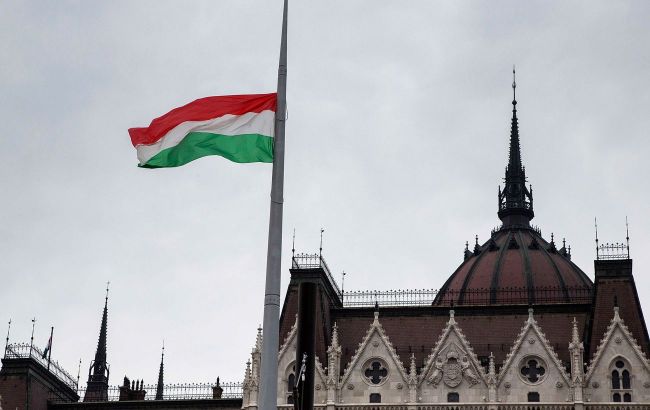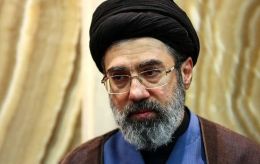Hungary begins its presidency of EU
 Hungary assumes the presidency of the European Union (photo: Getty Images)
Hungary assumes the presidency of the European Union (photo: Getty Images)
From July 1st until the end of the current year, Hungary will hold the presidency of the European Union and will be responsible for organizing the work of the EU Council. The country takes over leadership from Romania, according to the official website of the Hungarian EU Presidency.
It is noted that the main slogan chosen for the EU presidency is a slightly modified version of a well-known phrase: "Make Europe Great Again."
Ahead of the presidency, Hungary's Minister for EU Affairs, János Bóka, stated that the Hungarian presidency will act as an honest broker, fostering constructive work with all member states and European institutions, considering the current challenges facing the European Union.
"Europe is facing shared challenges of the war in our neighbourhood, global competition, a fragile security situation, illegal migration, natural disasters, the effects of climate change, and the demographic situation," Bóka emphasized.
The Hungarian presidency of the EU will build its agenda around seven defined priorities:
- adoption of the New European Competitiveness Pact;
- strengthening European defense policy;
- consistent and merit-based enlargement policy;
- curtailing illegal migration;
- shaping future cohesion policy;
- EU agricultural policy oriented towards farmers;
- addressing demographic challenges.
By the end of 2024, the Hungarian presidency plans to organize the work of 1500 working groups of the EU Council and hold 37 formal ministerial-level meetings in Brussels and Luxembourg.
Additionally, Hungary will propose 230 events, predominantly in Budapest, including 16 informal EU Council meetings, one informal European Council meeting, and the summit of the European Political Community.
Recently, Hungarian Prime Minister Viktor Orbán expressed opposition to Ursula von der Leyen's re-election as President of the European Commission.
He also stated that Hungary would not block Ukraine's accession to the EU.
Meanwhile, Ukraine has agreed to meet Budapest's requirements regarding minority rights, necessary for our country's EU accession.


